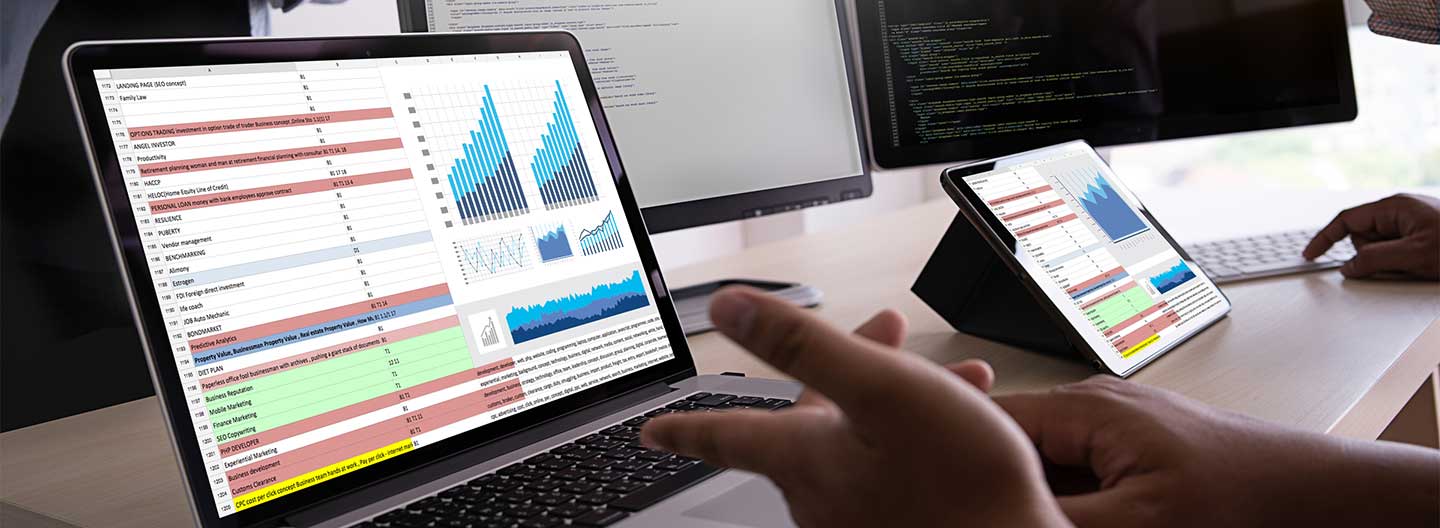Introducing … the ZubaBox
How do you provide computer and Internet access to some of the most isolated communities in the world? Simple! You take a shipping container, fit it out with a floor, ceiling, walls, worktops, and low-power-consumption virtualization kits and a server, mount solar panels on the roof, and presto — a fully self-contained cyber café that can be taken to parts of the world where electricity doesn't reach.
The technology itself is quite conventional. But the impact of the ZubaBox is amazing. It can be a classroom, offering the prospect of IT skills and thus improved job prospects. It brings knowledge — for doctors, for entrepreneurs, and for farmers with little access to weather or crop information, for example. And it provides communication links to remote and rural communities, some many kilometers from the nearest tarmac road.
The concept is the brainchild of Computer Aid International, a charity headquartered in London whose core activity centers on redistributing donated computer hardware to the developing world.
The ZubaBox concept is fairly new. "We've shipped seven so far," says Anja Ffrench, director of marketing and communications. "They cost £22,000, and we try to cover this through corporate donations or sponsorship — enabling the beneficiaries to get it for free." The software that powers the eleven PCs within is provided by Microsoft, as a donation through the CTX scheme. "It was great to get the server software for free," comments Anja. "We were very happy with this."
Early days it may be, but the future looks very exciting for the ZubaBox. Even in these straightened times, Anja reports a lot of interest from prospective sponsors who can see the potential in the concept. And with both hardware and software costs being kept to a minimum, the potential is for many more ZubaBoxes to transform access to IT for remote communities across the world.






